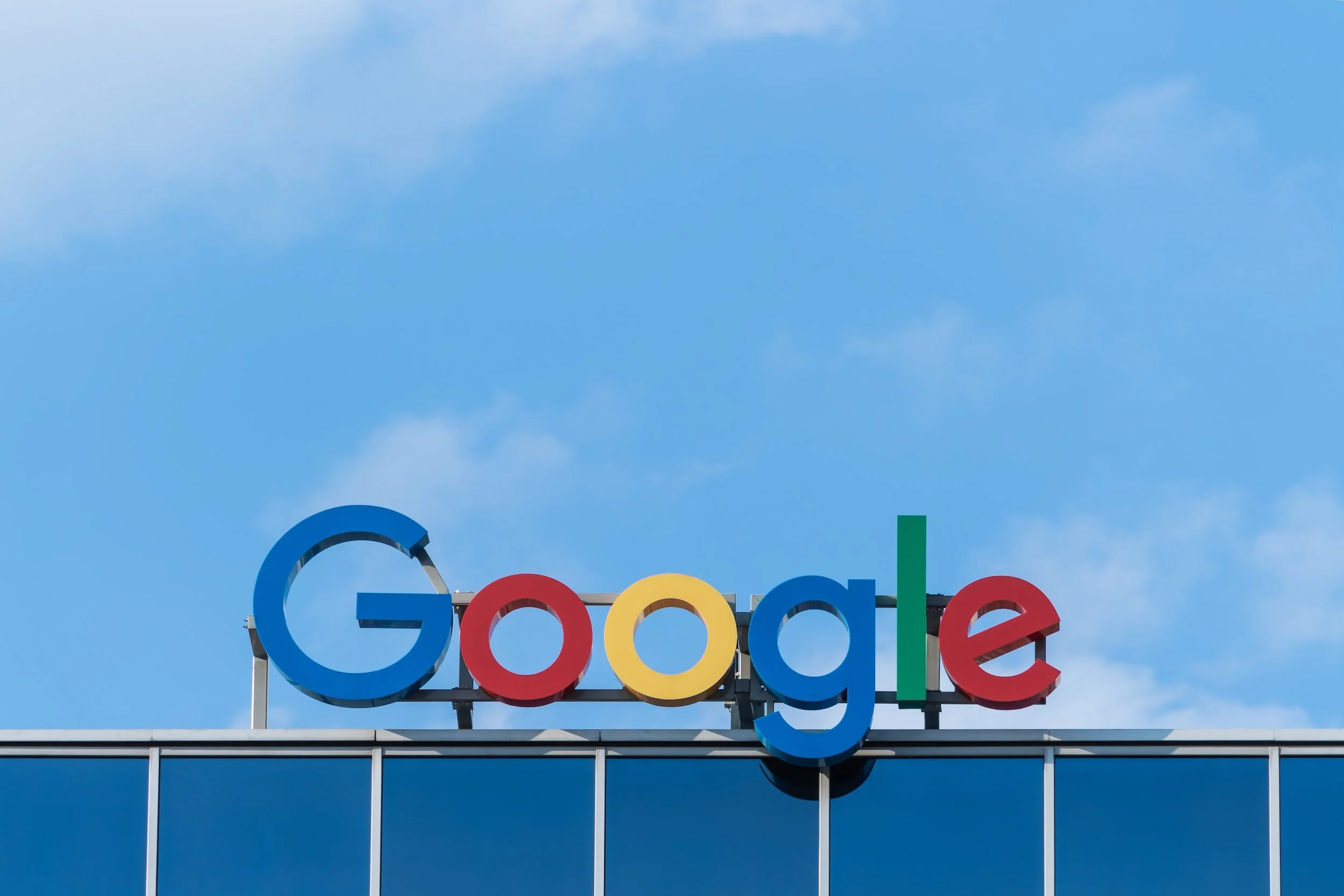How ChatGPT Shows Us What Writing Isn’t
Growing up in the 2000s, long before ChatGPT was an idea in anyone’s head, back when the internet was still gaining viability, it was hard to imagine what we would be doing for work in the future. In many ways, the world was going through a transition. The digitalization that was well on its way hadn’t taken hold yet. There were many things we had written off. Writing was one of them. Bookstores were another. Why would anyone buy books anymore when you can read them on tablets, kindles and phones? Why would anyone pay anyone to write with countless articles available online for free.
Ironically, years later, Barnes & Noble is actually expanding. And writing, if anything, has only grown in dominance in a digital world where content is everything.
Artist, is the future still yours?
As quickly as the mid 2010s, the world had already changed drastically enough to see where down the road things would be going from a creative standpoint. Many things were being automated or offshored. It was clear then, as Oxford researchers pointed out, that creativity was your best bet to staying employable in a brave new world.
This was on my mind, when, in 2015 I published my article to a small publisher based in San Francisco on how creativity is the greatest asset in a growingly automated world. When I wrote that article, it wasn’t on my mind that something like a robot capable of writing virtually anything you can imagine would so soon be a reality. Just as the written word had once again been crowned, something would come along to displace us from adding our own etchings to that legacy. Or…at least that’s one way of telling the story.
But what does any of this have to do with ChatGPT?
Sort of everything.
Aside from giving writers a new career opportunity, the wave of digitalization made something else possible: ChatGPT. Because of all the endless amounts of data available via the internet, machines like ChatGPT are able to analyze countless written texts to begin to form what appears to the naked eye an to be an understanding of the written word. Now that it’s happened, it seems almost inevitable that it would. All this time, anyone whose published anything on the internet has been helping feed this beast. It’s now here for its reckoning.
But what does that have to do with writing?
There’s a laundry list of jobs ChatGPT is supposedly going to replace. Humanity, at its greatest heights, is going to be struck down, it seems, by an “AI” that famously hallucinates on a wide range of topics, making things up and regurgitating them as if they were plain fact. The threat is so real that the mighty Google has even taken notice, and is hurriedly racing against the clock to get its own version of the technology, Google Bard, out on the market. The world has taken notice.
One of the jobs that most quickly comes to mind to be on the chopping block thanks to ChatGPT is – you guessed it – writing. That’s what ChatGPT does best, isn’t it? Give it any prompt and you can get the machine to write sonnets, compose melodies, and write scripts. Sort of. But is what ChatGPT doing actually something we humans can call writing? Or is it something else entirely?
What is writing?
Writing has changed over the years. When you think back in time at how our ancestors wrote, on loose leaves of papyrus, it looks a lot different than what world famous bloggers like me do. Yet we call it the same thing. Writing.
Writing as a skill – just knowing how to write basic sentences– once made you qualified to be an officer on a ship. Much later, knowing how to type could get you gainfully employed. Eventually, that was taken over by software. Now, you can easily be capable of writing elegant prose and never find a soul willing to pay a dime for it. In a modern, literate world, content creation isn’t a very valuable skill in and of itself.
So why are we so worried about ChatGPT?
Content creation vs content generation
And now that we’re at this fork in the road, it seems important to really dig into what ChatGPT is doing. Not the algorithms and stuff that I couldn’t possible understand – the stuff that makes it happen. But what it’s doing. And the more I attempt to use it to write anything the more it becomes apparent to me – ChatGPT isn’t actually ‘writing’ anything.
Mechanically, yes, I suppose it is doing something akin to what typists did back in the day – achieving written words produced on some sort of a page interface where before words didn’t exist. But it’s hardly ‘creating’ anything.
That in itself isn’t a novel concept. Anyone who looks passed the initial facade of ChatGPT realizes that this isn’t a machine creating novel ideas and writing them out for you. To really dumb it down, it’s basically analyzing a ton of data and using algorithms to understand patterns in order to “guess” what text it should produce. It’s generating text – something like rearranging words and letters from countless sentences from countless completed texts into coherent seeming “new” configurations.
Let’s not pretend that what it’s doing is writing. Call it what you want, say it will replace who you want. But just don’t pretend that this is writing. Many, many humans have consumed a fraction of the content ChatGPT has (something that it would take humans tens of thousands of years to do) and still write better.
No, ChatGPT isn’t writing. It’s doing something else. And I don’t think we really know what “that” is yet. Simply because we have never seen something like this before.
The pushback on ChatGPT will be real, and we will feel it
Die a hero, or live long enough to see yourself become the villain – Batman
ChatGPT’s future, unfortunately, will likely follow the latter. No – the masses will not rise up against it. Countries won’t ban it (though many schools and employers have). There is no apocalyptic ending here. ChatGPT is, at the end of the day, just a machine. But the world will feel its pushback, one way or another.
Right now, it’s new enough that you could probably get away with taking what it generates for you verbatim and publishing it in your own content. Many are doing that. However, it’s likely you won’t be able to do that for long. Unlike a human who takes an idea and adds something to it that is unique, making it essentially a new idea, ChatGPT can only regurgitate. It only ever will remix things in a formulaic way – reducing the written word with all its history and humanity down to the equivalent of a mere code. Never will the words it generates be original. Before long, publishing what ChatGPT writes without any idea of your own will undoubtedly be plagiarism, much in the way copy/pasting from Wikipedia is today.
Algorithms are very good at spotting other algorithms, meaning that schools will scan papers for it, as will publishing companies and employers. And so, inevitably, will another entity that will make it far harder to succeed with AI generated writing.
Search engines will inevitably devalue it
The written world is alive and well today thanks largely to the fact that content is king on the internet. And those who can master content are twice kinged. And all things on the internet must be found and searched via Google. Without getting into the intricacies of Google’s algorithm and how search engines work, suffice to say that for a page to be found via search, Google has to first deem it worthy of being found. And Google – if it isn’t already – soon will be fully capable of analyzing and knowing when content has been written by a human, and when it has been written by a machine.
This means that content that is generated purely by AI tools like ChatGPT are unlikely to ever see the light of day in the future, in the form of ranking high on search engines. This makes content generated by robots virtually useless to anyone with a website.
Of course, this doesn’t even take into account the wide ranges of human expertise, empathy and creative insight needed to write at a professional level regardless of the discipline. All things that robots will never be able to compete with humans for.
So, fledgling young writer, or seasoned word veteran – the future is still yours. The road, it seems, has simply grown a little narrower.






















